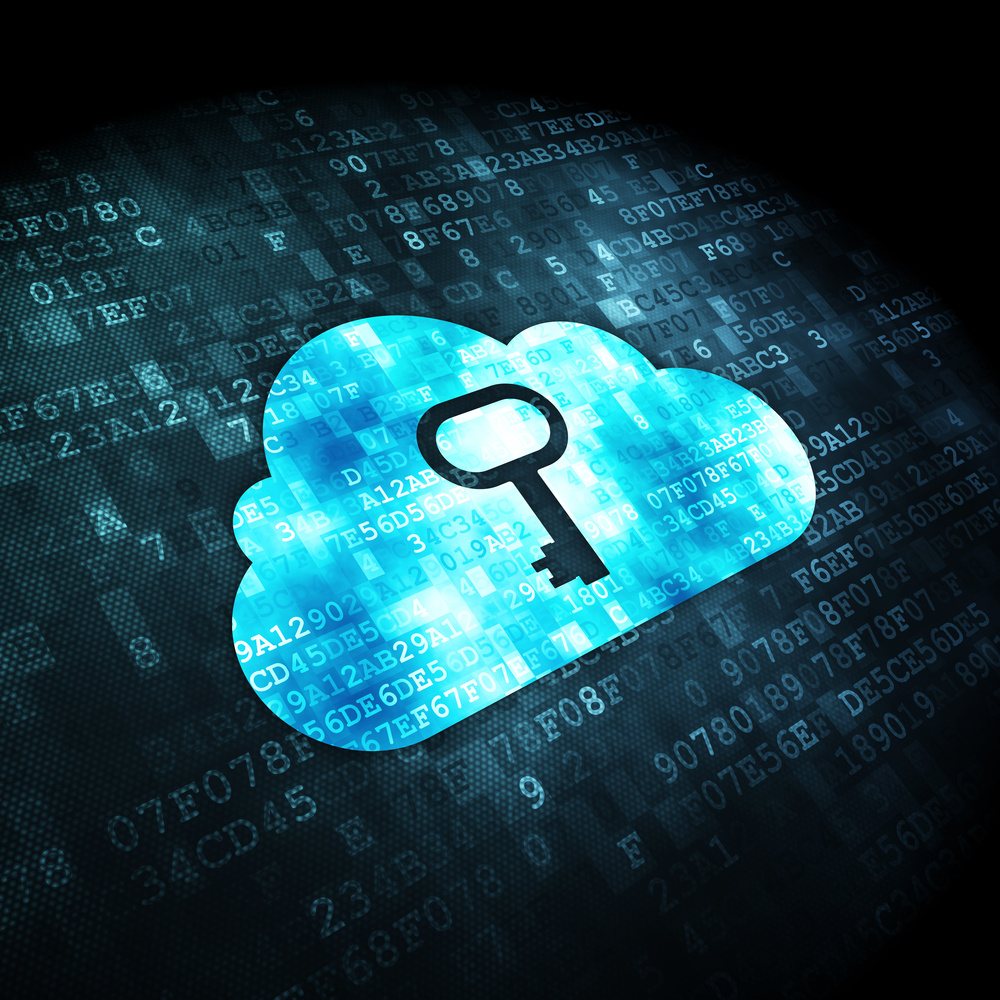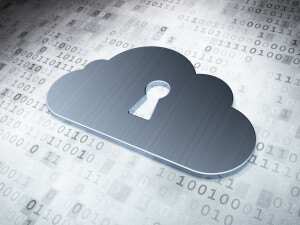A majority of organizations–60% according to technology news site SiliconANGLE–are adopting a cloud-based model for business processes. Many of these businesses have joined the movement because Software-as-a-Service (SaaS) offers benefits to both small businesses and large. However, while most SaaS vendors have good security and compliance, businesses should always be aware of how their sensitive data is being kept safe.
To secure data in the cloud:
- Carefully choose a vendor
- Implement an access policy
- Avoid sending sensitive data to the cloud
- Employ standard security measures
- Audit security controls
Choosing a SaaS Vendor
Good security starts with the vendor, your partner in protecting data.
When considering the right vendor, choose one who offers security features like password protection, user controls, and data encryption. Understand the vendor’s process, where your data is stored, how it’s backed up, and the process for data recovery. A reputable vendor will also be happy to provide a list of references to show that they’re reliable and committed to security.
Implement Access Policies
Put an access policy in place that limits who can access sensitive data and from which machines. Some businesses may find data easier to secure by allowing employees to access company resources only from their work computer rather than a personal device that may not be as up-to-date with antivirus software.
Don’t Send Sensitive Data
If data is important and very sensitive, it should be kept off the cloud completely, no matter how secure the SaaS model. One of the many benefits of cloud-based computing is integration that allows access to many functions from one access point. However, it isn’t necessary for all data to be available via the cloud. Store sensitive data locally for better security.
Employ Standard Security Measures At A Minimum
Keeping data secure is not only the job of the SaaS vendor and the IT department. Users of the system are also responsible. Employees should know how to create a strong password and help keep their machines up-to-date with antivirus software. A secure password recovery protocol will also help keep the system secure, especially for businesses with a mobile workforce.
Auditing
Finally, businesses should ensure that their security measures are regularly audited. While many SaaS vendors will use a third party to audit, businesses should also have an internal team or their own third party focused on regular audits.
In the past, companies shied away from cloud solutions for fear of data security. That risk has been greatly minimized today, allowing the benefits of cloud computing and SaaS to outweigh the risks. Still, cautious organizations can reduce risk even further using the tips above to keep data secure.



